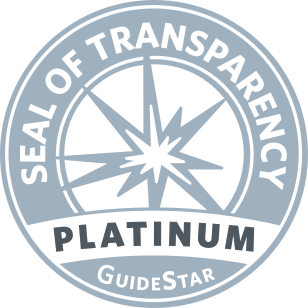ProQR Receives Authorization to Begin Clinical Trial for Autosomal Dominant Retinitis Pigmentosa Treatment
Eye On the Cure Research News
The treatment focuses on the P23H mutation in the RHO gene, which is the most prevalent variant causing adRP in the US and affects approximately 2,500 people.
ProQR, a Netherlands-based developer of RNA therapies, has received authorization from the US Food and Drug Administration (FDA) to launch a clinical trial in the US for QR-1123, its treatment for people with autosomal dominant retinitis pigmentosa (adRP) caused by the p23h mutation in the gene RHO. The company plans to begin enrolling patients for the Phase 1/2 trial in 2019 at sites in North America. The treatment will be delivered through intravitreal injections. More information on the trial will be posted to www.clinicaltrials.gov.
ProQR reports that the p23h mutation in RHO is the most prevalent variant causing adRP in the US, affecting approximately 2,500 people.
QR-1123 becomes ProQR’s third clinical program for an inherited retinal disease (IRD). The company’s other clinical programs are QR-110 for LCA 10 caused by the p.Cys998X mutation in the CEP290 gene and QR-421a for Usher syndrome type 2A caused by mutations in exon 13 of the USH2A gene. The Foundation Fighting Blindness is investing up to $7.5 million in the development of QR-421a through its RD Fund, a venture philanthropy fund for emerging therapies in early or planned clinical trials.
“The speed at which ProQR is advancing its clinical program for IRDs is very impressive,” says Benjamin Yerxa, PhD, chief executive officer at the Foundation Fighting Blindness. “We are pleased to see a therapy for autosomal dominant RP enter the clinical pipeline. The p23h mutation in RHO is relatively common and a critical unmet need.”
People with adRP caused by p23h mutations in RHO have one normal and one mutated copy of the RHO gene. QR-1123 is an antisense oligonucleotide (AON), a small piece of genetic material, that binds to the mRNA (the genetic messages) of the mutated copy of RHO, thereby shutting the copy down. The normal copy of RHO is not altered by the treatment.
QR-1123 was in-licensed from Ionis Pharmaceuticals in 2018.




